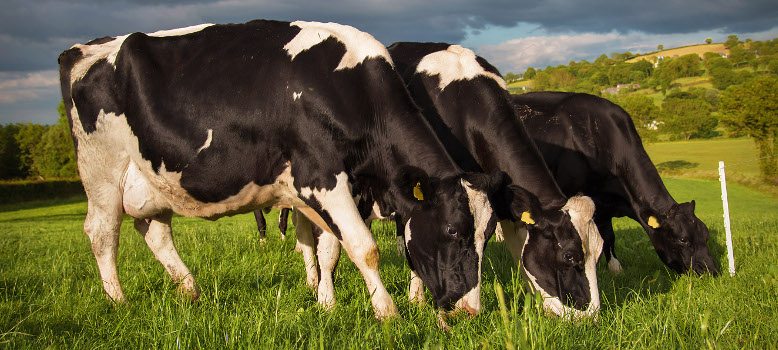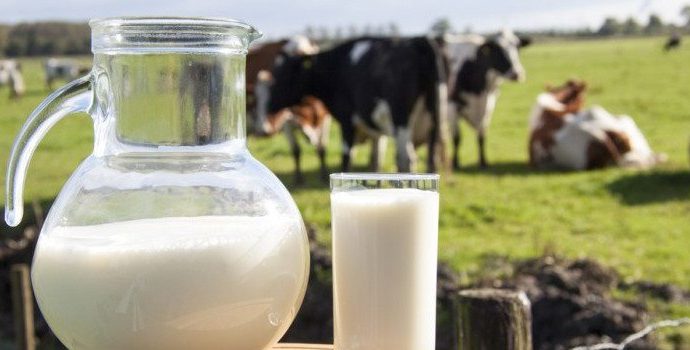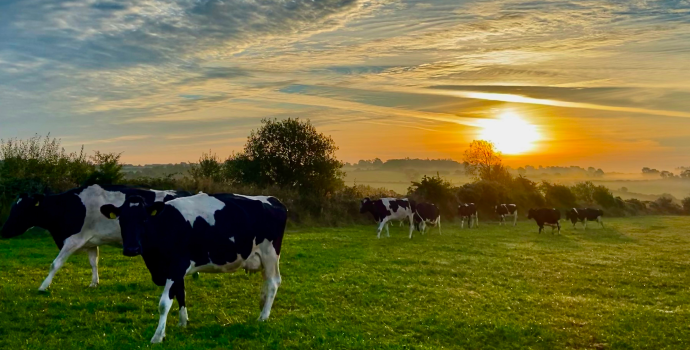Where Is the Solidarity from Dairies and Retailers for Fodder and Cash Poor Liquid Milk Producers?

Producer groups supplying contracted fresh milk for the retail trade are about to start their winter price negotiations with their dairies. IFA National Liquid Milk Chairman John Finn has called on dairies to significantly lift their winter payments in light of the massive increase in feed costs caused by the weather impact on fodder supplies.
IFA has met with Iceland, Aldi and Tesco, and is due to meet with the other retailers over coming weeks. John Finn said apart from the 2c/l gesture from Iceland, retailers had shown no solidarity with farmers. He stressed that all retailers obstinately continue with unsustainable discounting at a time of unprecedented fodder crisis.
“Retailers and our co-op-owned, fresh milk processing dairies, must practice the Origin Green principles they claim to espouse, and ensure that their sourcing of milk is sustainable, not just from an environmental perspective, but also from an economic and social point of view. Put simply, they must increase the value available to remunerate producers in this time of crisis,” Mr Finn said.
“Teagasc has recently stated that, as a result of the weather-related fodder crisis of 2017/18 which will cause severe shortages for next winter, dairy farmers would this year spend 75% more on feeding their cows. This is certain to be far greater for liquid milk producers who need to keep their cows productive through the winter,” Mr Finn said.
“The fact is, most farmers do not have that sort of cash flow availability, especially at a time of high family, back to school/college financial demands,” he said.
“Farmers who normally pay their bills over the summer months using the cash flow from their milk cheques will have spent it all on securing fodder and feed to keep their cows healthy and the milk flowing for processors and consumers,” he said.
“Most stakeholders have shown solidarity with farmers: co-ops have provided favourable merchant credit facilities, rebates on feed purchases and some have imported fodder. Teagasc has helped farmers budget for their fodder and outlined strategies to optimise fodder production. Government provided subsidies for fodder transport, and for the growing of catch crops by tillage farmers to feed cattle,” he said.
/
“So, I and my fellow liquid milk producers ask, where are the retailers in this time of severe crisis for farmers? They have an opportunity to prove the credibility of their commitment to Origin Green by working to ensure the price they pay for milk from here on in is adequate to remunerate farmers fairly, starting with the coming winter months,” he concluded.


